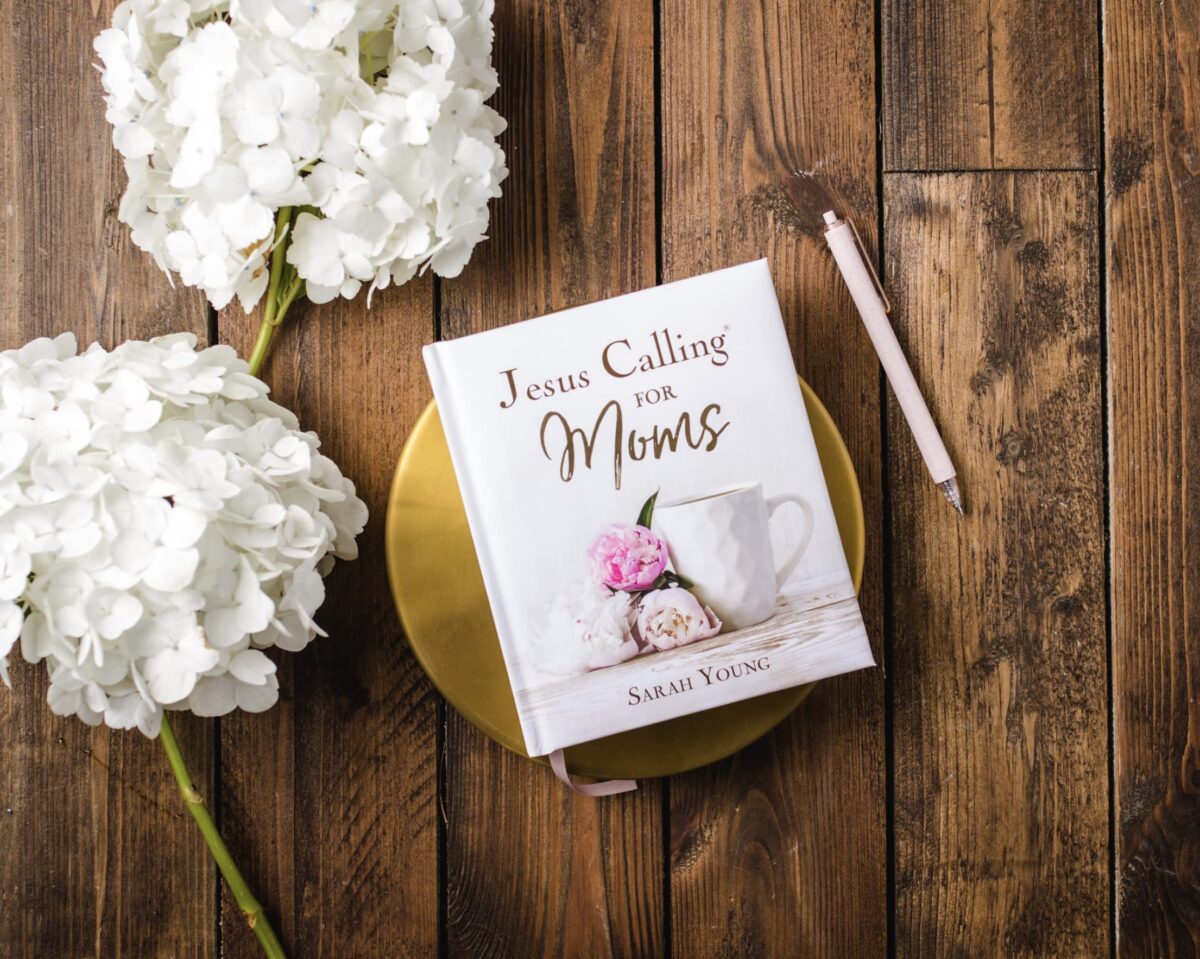Forgiveness Can Heal Our Deepest Wounds: Jeanne Lakin & Randy Hartley
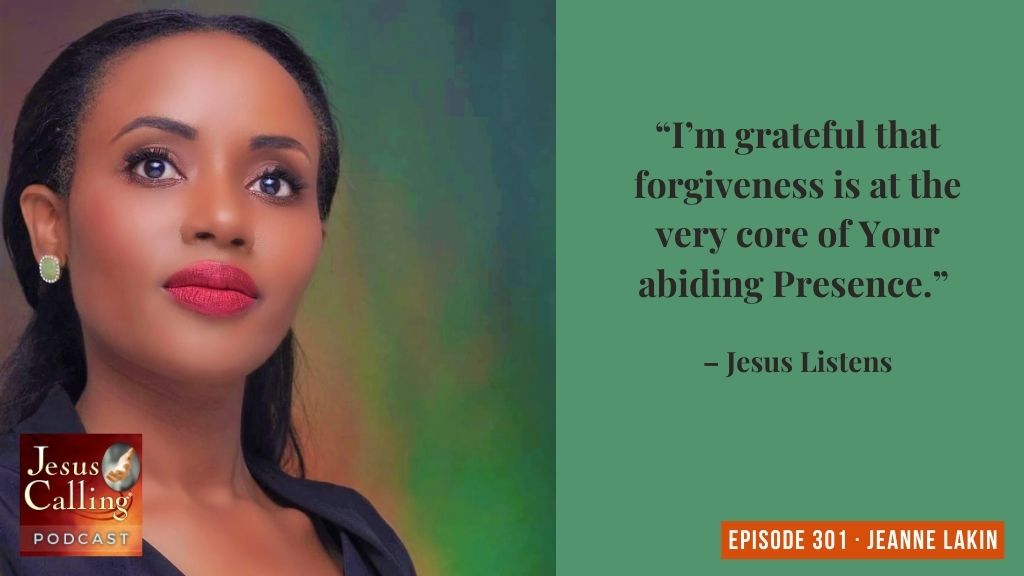
Narrator: This episode contains sensitive subject matter, including violence and assault, which may be triggering for some listeners.
Jeanne Lakin: Forgiveness is not a one-time act. Forgiveness is an ongoing act. So we forgive seventy-seven times seven and we just have to continue to forgive and forgive, and a lot of times we don’t have what it takes to forgive. We ask God to give us the ability to be able to do this because it’s not up to us.
Forgiveness Can Heal Our Deepest Wounds: Jeanne Lakin & Randy Hartley – Episode #301
Narrator: Welcome to the Jesus Calling Podcast. Forgiveness can be a difficult concept—especially when we’ve been harmed in ways that have long-lasting effects in our lives. However, unforgiveness can end up doing even more damage as we allow an old wound to fester or bitterness to take root in our spirits. Studies have shown that when we can’t forgive, we may experience the emotional pain of anger, hate, hurt, or resentment, which can even make us physically ill, affect our relationships, and ultimately keep us from experiencing the freedom that forgiveness allows.
Our guests this week have stories of pain and harm done by people filled with hatred that was so traumatic, forgiveness seemed like an impossibility. Jeanne Lakin, a writer, and speaker endured the atrocities of the Rwandan genocide, as part of an ethnic group who were targeted for massacre. Randy Hartley, a Tennessee businessman, traveled with his daughter to Rwanda and befriended a man whose own aunt was responsible for the death of his mother, sisters, and nieces. Forgiveness didn’t seem like an option in their stories, yet through prayer and faith, it became the only choice that would bring wholeness and restoration to those involved.
Let’s start with Jeanne’s story.
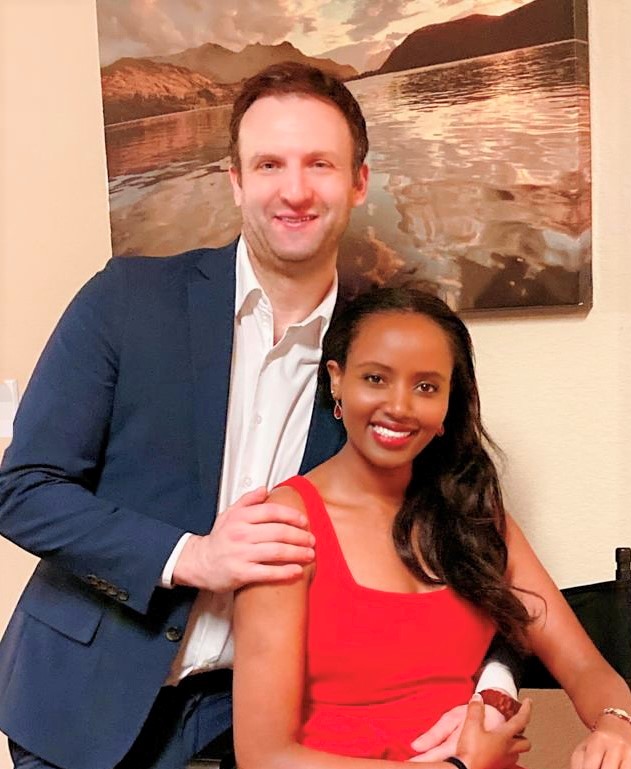
Jeanne: My name is Jeanne Celestine Lakin, I am an author, and I am a mom of a five-year-old. I do public speaking and work with students as well. I just feel so blessed to be in a place where I can be able to have an impact in the world.
I grew up in a family where my parents had their own businesses. Financially and economically, they were secure. And as a child, I felt like I had everything a child could have dreamed of. I knew my future was safe in the sense that, financially, I could do whatever I wanted to be able to do without feeling like, Oh, we don’t have the money for this. My parents were the kind that would actually support people in our community. They went out and they fed the poor. They clothed the poor. They paid tuition for children from families that were less fortunate than we [were].
My dad was someone who was known in the community as a mediator. So he was there if there was any type of conflict. He had been elected by the people. They called him a fair judge—somebody who would actually see both sides, who would bring people if there were any type of conflicts, whether it was like home issues and whether it was about land, or there was just regular fighting among neighbors. They’d come to him before they go to court because of the fairness that he had in him.
But I remember right before the genocide in 1994, I went to school, I was in middle school, and then my teacher, they divided us. They segregated us by ethnicity. So the teacher said Tutsis on one side, the Hutus on the other side. And so there I stood in front of the class. I was among the top students, and I had no idea who I was. I had no clue which ethnicity I belonged to. And again, it was because my parents believed in this human family, this kingdom family that most people tend to not see nowadays.
So my teacher said, “Well, if you do not know which group you belong to, do not come to class tomorrow or you will be expelled.” So I went home and asked my mom, “Who am I?”
I remember my mother’s response, which was, “Oh, don’t worry yourself, you’re a child of God.”
But I was like, “That’s not enough. I need more, give me more because I need to go back to class and explain to my teacher and sit according to my ethnicity.”
And so finally, after we went back and forth and I probed a little bit more, she said, “You’re a Tutsi.”
It almost felt like somebody just punched me in the belly because I was like, “Oh, no, I am among the group that is not wanted, that is not accepted.”
They used to call the Tutsis “the aliens in the country.” The Tutsis were referred to as “snakes and cockroaches.” I went from being this human to being identified and crossed by into this thing that was in this race that wasn’t wanted in the country.
Hate Spills into Unimaginable Violence
On April 7th, the genocide starts. 500,000 machetes were imported into the country, given to the Hutu ethnicity to be able to kill the Tutsis.
And so when that happened on April 7th, our neighbors with machetes and grenades and guns and clubs [went] to kill people—the way people turn against each other so quickly, it’s something that even up to this day, I still don’t understand how it could be possible.
So we went from being from this home, a beautiful home, to into the bushes, hiding for our lives and watching our neighbors, our loved ones, our families being basically killed because of how God had created us. So in three months, I was just hiding in the bushes, in the slums, drinking rainwater. We were in the bushes for, you know, just months and months, watching people dying left and right in front of me.
“We went from being from this home, a beautiful home, to into the bushes, hiding for our lives and watching our neighbors, our loved ones, our families being basically killed because of how God had created us.” – Jeanne Celestine Lakin
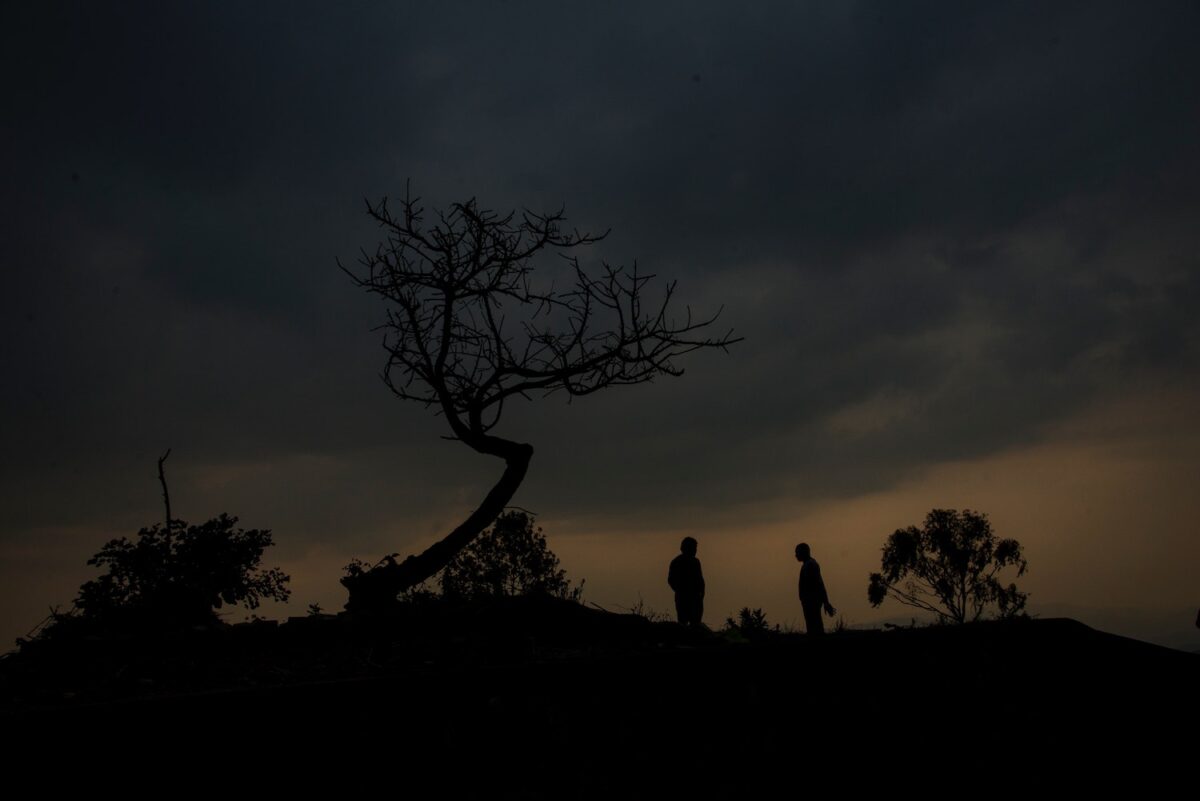
This family finally took me in. And once they took me into the family, my uncle happened to be in that home, and he said to me “Hey, I’ve seen your mother’s dead body.” And that was the first news of somebody dying in my family and it happened to be my mom. I was so devastated. I felt like my whole life just cut right in front of me, to know that my precious mom is dead when a few days ago I was with her.
And so my uncle said, “Well if you want to save your three-week-old little brother, he might be alive. He might be on her back. This is where your mother is.”
I was thinking to myself that, I cannot even fathom going to try to make sense of all this chaos. But I thought my parents would have wanted me to save this little baby’s life, so I said, “God, carry me through this, make me go. And if it is meant for me that I save his life and whatever happens, we are all in your hands.”
So I marched to this place where my uncle told me my mom would be. I went in, found out that not only was my mom completely dead, but they also had killed this little infant baby. They didn’t spare anybody. Even a three-week-old little baby. A grandma and grandpa who may have not even been able to walk were killed because of the way God has created them. So it was a very dark place, a dark moment of my life.
When All Else Fails, Pray
My parents were devoted Catholics, so they taught me the power of prayer. When I pray, I don’t think God is somewhere in another room or God is high up there in the sky that I cannot have that access to Him.
One of God’s names is that He’s a God Who sees us. He’s a God Who sees all the details of our lives, and He knows the print of our hands. He knows how many hairs are on our head. And so when I speak, when I pray, I think that God is right there next to me, listening to me, watching me through all of that in the same way that I saw God in the genocide.
Again, everything is stripped away, and my mom is dead. And I started praying. The simple prayer that I had was, God, blind them. Blind these men and women with machetes. And young kids were killing people, too. I say, Blind these people that they might not see me. And it was in a way of saying that, I know they can see me, God. But You have a way of working miracles, blind them that they may not see me.
I went back and counted how many times God revealed Himself to me. And when I was in the presence of these people with machetes and guns and grenades, with blood dripping off those tools, standing in their presence and saying, “God, blind them that they might not see me,” it was over 200 times. And so I’m seeing miracles over and over again and I say, “Okay, this prayer is working. God working is on my behalf. God is working in the midst of this darkness.”
A few times they would actually have me. They would say, “Well, we’ve captured you, go ahead and pray. We’re going to give you fifteen minutes to pray, and we’ll kill you.” And prayer is all I had. Prayer is everything. I mean, everything was just taken away. But I knew I could access that peace with God through prayer, that I know I had God, who was seeing me through this chaos. And so I really prayed, and a few times I would actually sit there and pray, pray, and pray. These men will look like they are drunk or they look like they got distracted by something and I felt like that was the prayer—that God sent the blinding, though I felt like they forgot that I was actually sitting there. And they just walked off, and it was God really working on my behalf, God seeing me through all of this in the middle of the genocide.
“I knew I could access that peace with God through prayer, that I know I had God, who was seeing me through this chaos.” – Jeanne Celestine Lakin
I also saw my father being killed in the genocide as well, with machetes and clubs. I remember just praying and saying, “God, please, please, please, please protect him.” But he died anyway. But with this, I realize that a lot of times we might pray for something, we might not receive what we pray for.
God created us with a choice, so people could choose to do good. People can choose to do evil work as well. So there’s no way of resenting God, because He created these people who chose to do the evil work. It wasn’t God with machetes and clubs killing people in Rwanda. It was the people that He had created who went out of His love and decided to hurt and harm other people.
“God created us with a choice, so people could choose to do good.” – Jeanne Celestine Lakin
A God Who Sees Us and Saves Us
So I get to survive the genocide. After the genocide, we have this group of people, the Hutus, who had participated in the genocide, who decided that if they stayed in the country, they would actually face the consequences of their participation in the genocide. So they pick up and decide to flee the country.
At one point, I get into this home when I get captured by this man, and he decides to flee the country. He was sexually abusing me as well. I was raped as a child. Rape was one of the weapon against women in the genocide, so over 500,000 women were raped in the genocide. That includes me too.
So he picks up and he leaves with me in the middle of the night. After the genocide, there’s this river we’re about to cross. You can go into a different country. They still identified people who looked like me, people who were identified as Tutsis. They took me and few others, they put us in line, and they killed every single person in front of me, and they threw their bodies in the river.
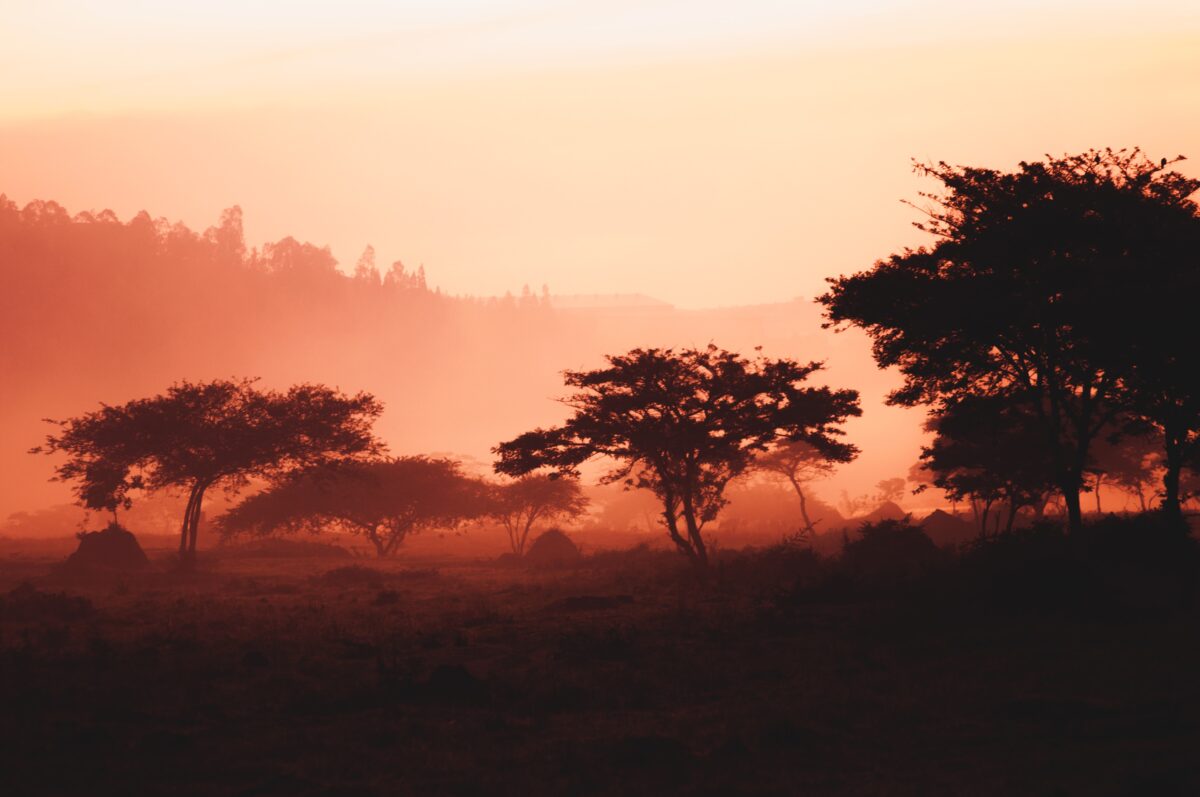
Again, I’m praying and asking God to protect me once more. And I say, “God, You did not bring me here to die here. You did not save me through all this chaos of the genocide to bring me across this other side so that I die here. I’ve seen Your miracles. I’ve seen You work. God, I want You to protect me once again.”
And as I was saying this prayer, I hear this woman. I mean, there are thousands and thousands of people in this refugee camp, people are loud and they’re chanting and saying, “Go ahead and kill her. Kill her, kill her! Get rid of her!” They threw me to the ground. And this woman is just screaming and she says, “Stop, stop! That’s my child! She’s my daughter!”
And I’m thinking to myself that this woman maybe lost her daughter, and maybe I kind of look like her from a distance. She’s going to get close by and she’s going to look at me and realize, no, I am not her child. And so I let it play. She weaves herself through this crowd of people. These men, with their machetes, still hanging up in the air to butcher me just like everybody else, men, women, and babies—she looks at me and I look at her. And she said, “This is my child.”
I am shocked, but I’m not saying anything. And that brings tears in my eyes, because she’s claiming me to be her daughter. And I know at this point my mom is dead.
These men are confused. Still, with a machete hanging up in the air about to kill me, she said, “Yes, this is my child.” So they took us apart, took her on one side, they take me on the other side to investigate to see if this is true. And everything that I told this group that was investigating was exactly what was written in her racial identification card. And these men, they picked me up and they just threw me right in her arms and said, “Yeah, go ahead and go with her.”
So as I’m walking away with this woman who was just flawless and beautiful, I was dying to ask her questions of who she was, and I feel this presence of peace in her arms. And as she held my hand, she said, “My child, go with these people. I will be with you. Go back with the same people who were about to kill you. I will be with you.”
And she released her hands in mine, and in that moment, she disappeared. And I felt like God—once again, over 200 some times that God saved me, God showed up one more time. God has a way of, even when we don’t feel like He’s working miracles in our lives, even when we don’t see it through, God is working because again, He’s a God who sees, He’s a God who sees details that we might not see.
“He’s a God who sees details that we might not see.” – Jeanne Celestine Lakin
God’s Gift of Forgiveness
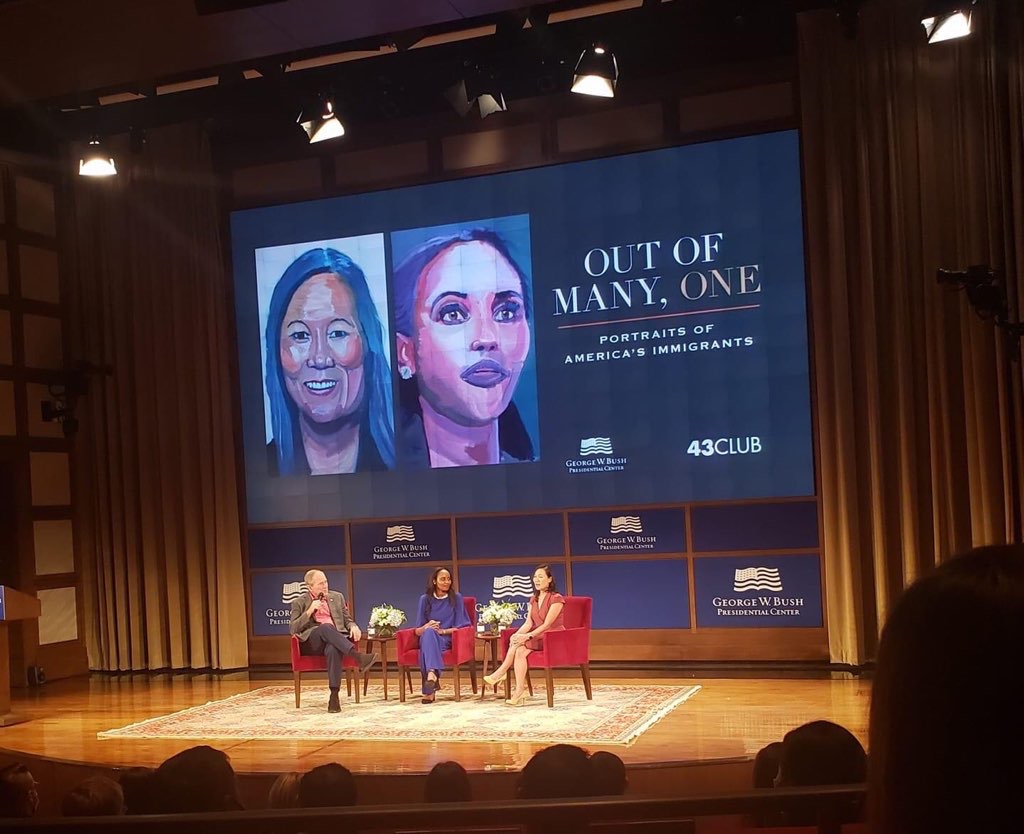
I remember just wandering in the street, feeling so lonely, feeling so sad, so depressed because of all the things I had just witnessed in that six months after the genocide and thinking back to how well I had it to now, not having even the basic needs, the basic necessities. I remember having a conversation with God. I was like, “I want to be able to forgive these people. I really want to be able to let go of what happened to me and be normal.” But I couldn’t get myself to forgive what had happened in the genocide. And again, I say, “God, I need Your help. I need You. I cannot do this by myself. Give me the strength to do this.”
When I was able to forgive, when I was able to say, “I forgive you for raping me. I forgive you for killing my family. I forgive you for all the pain, all the nights I spent thinking about all the pain you caused my life,” that was God’s gift. I felt so much joy, I felt so much peace in my heart. I felt like there was this possibility that just opened for me, these potentials I felt I could never reach that somehow I was able to reach. And again, it’s because of that love of God that we can fully, fully experience joy. We can free our mind if we are able to forgive.
“When I was able to forgive, when I was able to say, ‘I forgive you for raping me. I forgive you for killing my family. I forgive you for all the pain, all the nights I spent thinking about all the pain you caused my life,’ that was God’s gift.” – Jeanne Celestine Lakin
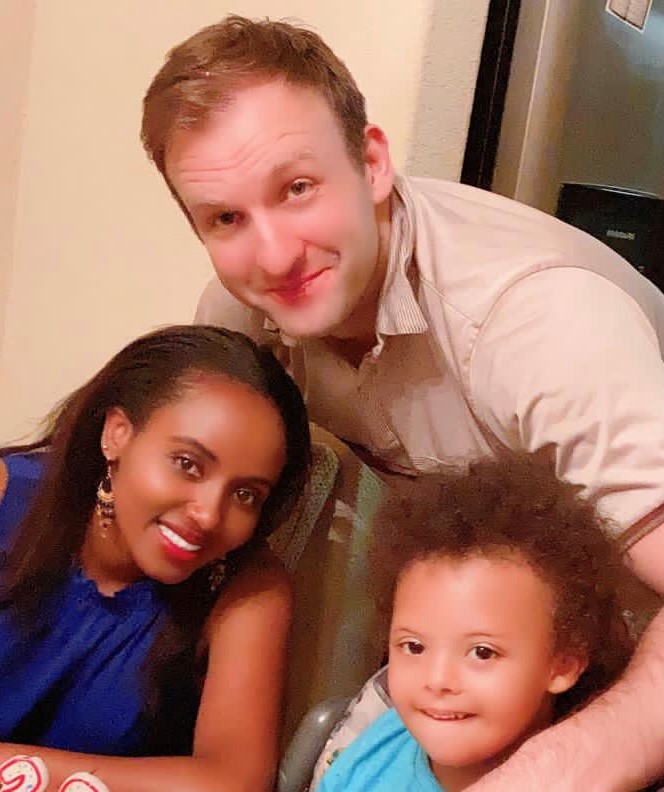
As a U.S. citizen now, it has given me a place to heal, a place to be able to connect with people. Now, I’m able to have access to so much more, to see my dreams and goals just flourishing. It’s just magical, it’s beautiful.
I met my husband Paul when we went to the same university. We graduated at the same time. And we had our son, Samuel, who is also a miracle baby.
God takes these pieces that are just so broken, that we as humans cannot put together, and God just creates beauty out of ashes. God puts back the pieces into this beautiful mosaic we get to admire at the end of it.
“God takes these pieces that are just so broken, that we as humans cannot put together . . . and puts back the pieces into this beautiful mosaic we get to admire.” – Jeanne Celestine Lakin
And so for me to go from the genocide itself, 1994, when they kill over one million people in 100 days, and for me to experience all of that, I felt like God was right there amidst all of it because I really felt like when I was listening or watching people being killed all around me, I went back to this place of prayer, and I asked God to give me the strength, the courage to do whatever that it took for me to survive. And as an eight-year-old, there’s really nothing I could have done except to rely on God.
At The End of the Day, It’s You and God
I saw the power of prayer was something that once everything was stripped away and I was hiding in the bushes, in the swamps, drinking rainwater, pond water, eating grass and plants, I really saw God even deeper than I have ever experienced God. Even though I grew up in a Christian family, my relationship with God deepened. Once everything is taken away from you and all you have is God and prayer, He really puts you in a humbling place where nothing else matters. It’s you and God, no matter what happens at the end of the day.
“Once everything is taken away from you and all you have is God and prayer . . . nothing else matters. It’s you and God, no matter what happens at the end of the day.” – Jeanne Celestine Lakin
What is the best way to really begin a day, other than beginning your day with God? So Jesus Calling has been the book for me to begin my day with God, and a lot of people have asked me, “You’re always smiling, you’re always happy, always content. What’s going on?” That’s the Jesus I get to meet with my cup of coffee, my Jesus first in the morning.
This is a passage from the March 16th entry of Jesus Calling:
It is good that you recognize your weakness. That keeps you looking to Me, your Strength. Abundant life is not necessarily health and wealth; it is living in continual dependence on Me. Instead of trying to fit this day into a preconceived mold, relax and be on the lookout for what I am doing. This mind-set will free you to enjoy Me and to find what I have planned for you to do. This is far better than trying to make things go according to your own plan.
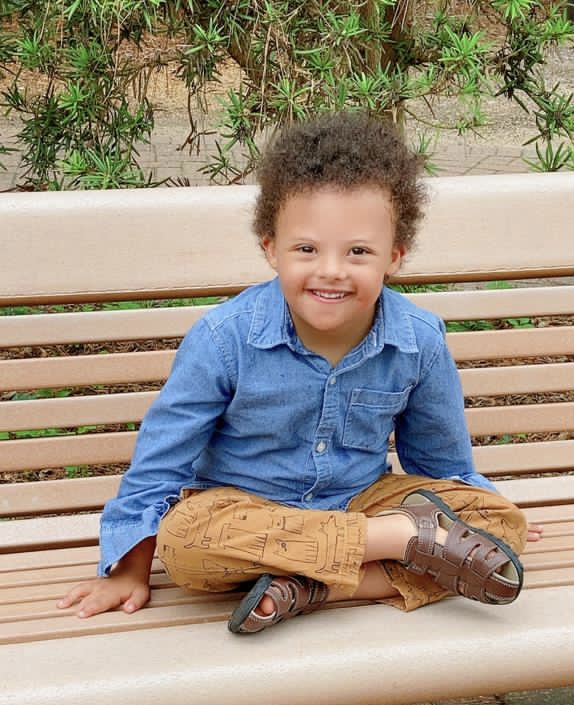
God has a way of just touching our hearts and our minds at the right time. God has been so wonderful to me and has just been blessed to me to be able to do the work that I do. It’s just been incredible.
When you have such hatred and bitterness and anger and resentment in your heart, there’s just no way to enjoy the simplest thing that God has created for us when we’re holding on to that kind of pain. So I said, “You know what, God? I realized I cannot do it myself. I need You to work like You’ve always worked miracles in my life. I want you to be able to work on this broken heart.”
“When you have such hatred and bitterness and anger and resentment in your heart, there’s just no way to enjoy the simplest thing that God has created for us when we’re holding on to that kind of pain.” – Jeanne Celestine Lakin
And so my prayer is that people who hear about forgiveness will be able to free their mind because I feel like God has so much more for us as people than when we have this hatred or this holding on to this pain.
The reason I share my story is so that people can really understand. There are multiple reasons, but I think one for really kind of bringing people to Christianity or to understand the goodness of God is the main reason for me to really share the miracles that God has done in my life, to really hope that they too can see the work of God through my story. I believe that you hear the stories that God brings beauty out of ashes. And I really believe that He took this darkness that I experienced to give me the joy that I have today.
Narrator: To learn more about Jeanne and how she is sharing her story to help others, please visit www.avoiceinthedarkness.org.
Stay tuned to Randy Hartley’s story after a brief message.
A Meaningful Gift: Jesus Calling for Moms
Give the moms in your life the beautiful gift of encouragement, reassurance, and peace with Jesus Calling for Moms!
Fifty Jesus Calling devotions speak to the power of love, the gift of strength, trusting God’s guidance, and so much more. Also included are: a prayer for mothers from Sarah Young, Scripture verses, journaling prompts and space for women to write their own prayers.
Order Jesus Calling for Moms today!
Narrator: Our next guest is Randy Hartley, a businessman from Nashville, Tennessee, whose picture-perfect life took an unexpected turn after learning heart-breaking news from his sixteen-year-old daughter. In a series of painful ups and downs that followed for Randy and his family, he wondered if things would ever be normal again—when one day a letter arrived in his mailbox that would start a journey of healing for them all.
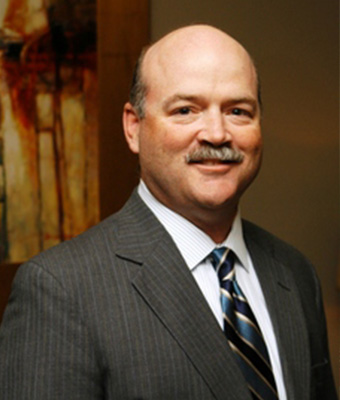
Randy eventually wrote about the experience in a book, which also became a movie called Beautifully Broken—a story which encompasses restoration, renewal, and a trip to Rwanda where their lives would be intertwined with family who had survived the Rwandan genocide and would also show them the meaning of true forgiveness.
Randy Hartley: Well, my name is Randy Hartley. I’m a financial planner in Nashville, Tennessee. I’ve been married to my wife for thirty-six years. I’m in the same job now that I started when I moved here thirty-nine years ago in financial planning and really felt like I was living the American Dream with three kids, the dogs, living in the suburbs, and life was rocking along.
An Idyllic Life Turned Upside Down
And then all of a sudden some events happened and kind of turned our family into turmoil. All of a sudden, our middle daughter during her teen years started taking a left turn. It’s what no parent really wants: the drugs and alcohol and rebellion. We were desperate trying to figure out what was going on and what had started as a slow turn into darkness just became a runaway train.
Finally, one weekend, my daughter Andrea didn’t come home on Friday, and for two days we didn’t know where she was. I was the dad driving around at night looking for a sixteen-year-old. And I’ll tell you, if you’ve ever been a dad driving at three in the morning and trying to find out where your daughter is, it just doesn’t get any darker than that.
Thankfully, on Sunday, finally, for one last time, I texted her and I said, “Dear honey, I know you need help. Let Mom and I help you. Please come home.” And why? I don’t know. But thank God, Andrea had turned her phone back on and replied within thirty seconds and said, “You’re right, I need help. I’m coming home.” And that in itself was a blessing.
“If you’ve ever been a dad driving at three in the morning trying to find out where your daughter is, it just doesn’t get any darker than that.” – Randy Hartley
So when she came home, we took her to a thirty-day program to help with drinking and addiction and helping us trying to get a handle on what was happening. The third week she was there, we went out there and met with her at the counselor’s office, and we were handed a letter. And it’s a letter no dad ever wants to read. It basically said, “Dear Mom and Dad, when I was twelve years old, I was molested at a public park in Brentwood.” And the rest of that day became a blur to me.
But as bad as that news was, at least it gave us a starting point to know what was happening and how to address it. So that became kind of our point of, All right, we know what the issues are. How do we go about addressing these issues?
We immediately went into some intense family counseling and furthered her counseling. And one thing I tell people all the time is when you have somebody who’s gone through trauma like that, and our family had gone through four years of trauma, the counseling is not just for the person who went through the trauma, it’s for the whole family because the whole family dynamic has been damaged more than you might imagine. So it really is a family dynamic that needs to be worked on with that counseling, and we were very fortunate to have some great counselors and Andrea is making progress. But the other thing I tell people all the time is that progress is never linear. It’s two steps forward, one step back, two steps forward, one step back.
One day, I came home from work and I was just in this exasperated state of coming home to another house in turmoil again. And in the midst of that, I looked at my mail and we had a letter from Compassion International from Umuhoza. And Umuhoza had been the girl that Andrea had been corresponding with for ten years.
An Unexpected Trip Brings Healing
When Andrea was six years old, we went to an Amy Grant concert, and Amy invited us to look on our chairs and to find a brochure to sign up for Compassion International. And that Christmas is when my wife and I came home and we had each of our kids sign up to sponsor a child.
My middle daughter, Andrea, said she wanted to sponsor a child from Africa, and we were sent Umuhoza. And for ten years, we sponsored that child. I would like to think God knew and started laying that pathway before we ever knew it was possible, that this is our way out. This is our way of getting past the trauma and the pain that our family has gone through. And when I got home and I saw that letter, for some reason, I picked up that letter and I said, “That’s it. I’m taking my daughter to Rwanda.” And I told people all the time, “God knows why I thought that was an answer, but thankfully God knew why that was the answer.”
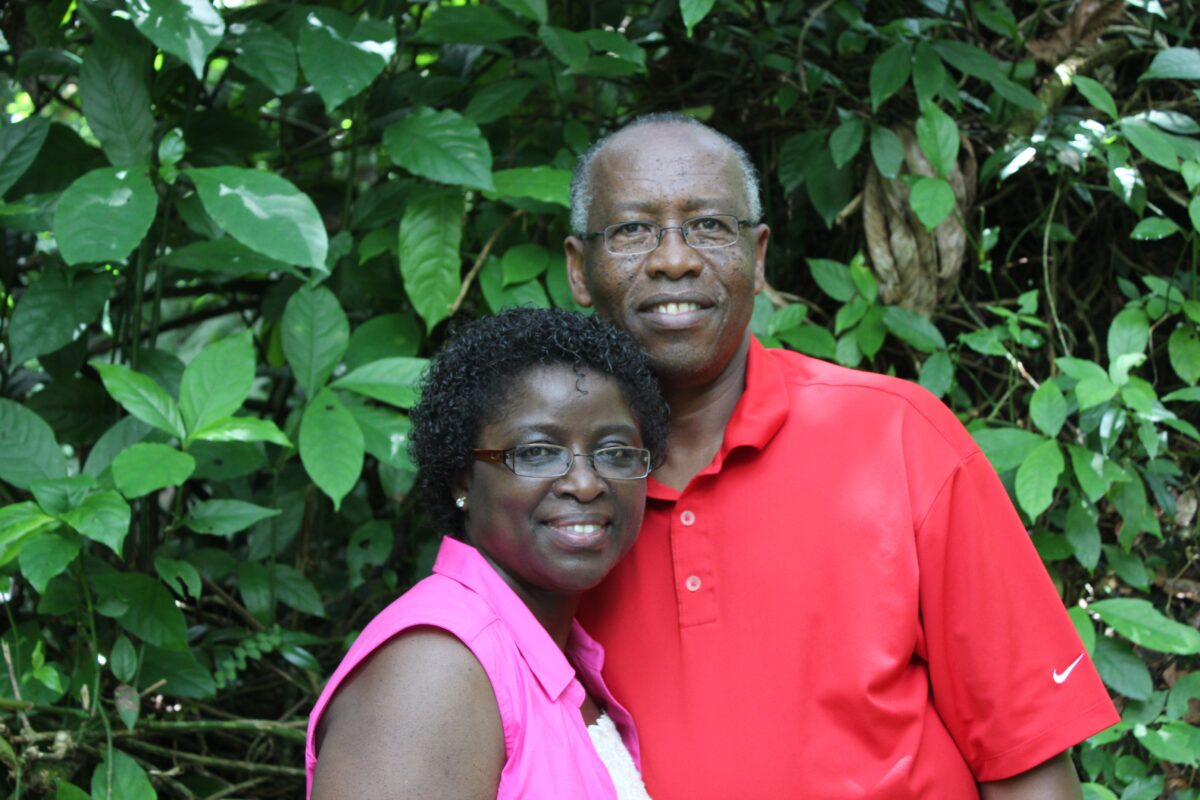
Once I decided I was going to take her to Rwanda, the next question is how do we get there and what do we do? But thankfully, God had put into my life a great friend who become my neighbor, William and Ebralie Mwizerwa. The Mwizerwas were refugees from the Rwandan genocide, and their youngest son and my son were the same age.
I’d gotten to know William. I didn’t know much about him other than he had started a ministry serving refugees. So I called William and said, “William, I need to take my daughter to Rwanda. Can you help me?” And one of the many minor miracles that happened throughout our story, thankfully, his wife was leading a mission group back to Rwanda that summer for their first trip ever back to Rwanda since the genocide. I offered to pay her way if she would go earlier with Andrea and I, and thankfully she did.
I didn’t realize at the time what an absolute Godsend that was to have her as our guide through our trip to Rwanda. We ended up going back to Rwanda. We learned so much more about the Mwizerwa’s lives that frankly, if I had known in advance, I would never have the guts or the gumption to ask them to be our guides.
But at the end of that trip, we made it out to Murambi, Rwanda, out in the rural Rwanda to meet the little girl that we’d been sponsoring all those years. And when we got to our house, the family came pouring out of the house, including the father.
And the reason I was surprised by that is in the ten years we had supported Umuhoza, we’d always been told that her father was in jail. But as we sat down and we started our initial introductions, her father started talking, and he told us that he had gone to jail in 1994 when Umuhoza was two years old. That would have been the year of the genocide. And when he went to jail, he didn’t know how his family would survive. So he told us, he said, “I prayed to God, ‘God, how is my family going to survive? How are they going to make it through this?’” And he looked right at me and he said, “God sent me to you. I’ve got to thank you for being a faithful father to my family all these years that I couldn’t be here.”
I was shocked by that because I felt like anything but a faithful father. In fact, I felt like I had really messed up because it was my job to provide for and protect my family, and I wasn’t able to do that. But he had just gotten out of jail a month before we arrived there, and here he was thanking me for holding his family together.
A Bond Formed Through Pain and Sealed By Love
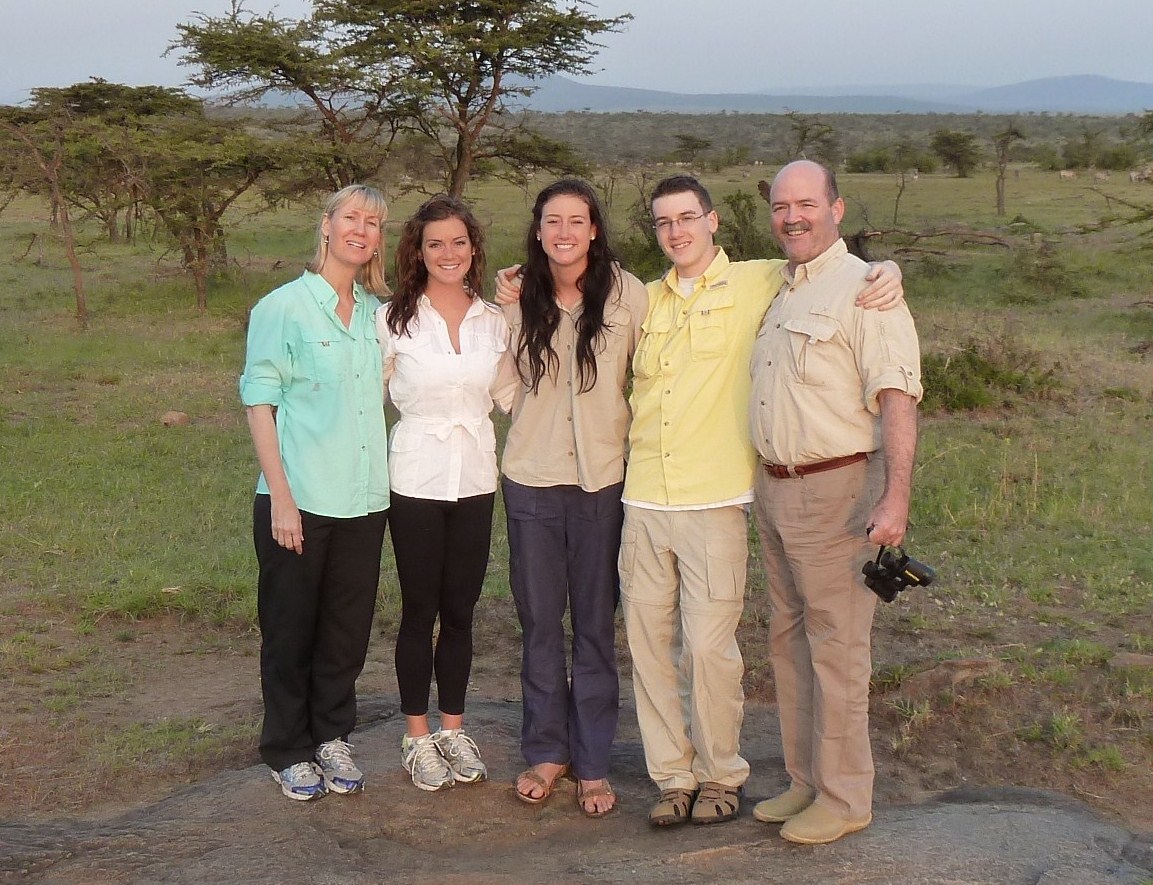
It is crazy to think we had a family who had escaped the genocide and had to leave Rwanda to save their lives were leading me and my daughter back to a girl whose father had been jailed because of the genocide. And our family had saved his family’s life, and in many ways, Umuhoza had been a rescuing force for our family, the way that our God could take a Rwandan refugee and a financial planner and a Rwandan genocide perpetrator, and weave their lives together through this divine tapestry in a way that they were all saved. Well, needless to say, for me and for Andrea, I’ve been on that trip and hearing these things and seeing these things, that’s what made it so transformational.
“God could take a Rwandan refugee and a national financial planner and a Rwandan genocide perpetrator, and weave their lives together through this divine tapestry in a way that they were all saved.” – Randy Hartley
And I thought, How am I ever going to explain this to my family? How will they ever understand? But thankfully, two years later, we went back to Rwanda on a mission trip led by Legacy Mission Village. And this time, the beauty of it was the whole Mwizerwa family went and our entire family went. And with William, we went out to the little countryside village where he’s from in Remera, and we met with a cousin that’s about the only living relative he still had left. He was told that his mother and his a couple of sisters and nieces and nephews had all been killed in the genocide. And so we were with them when we went along the roadside, the cars parked, and the Mwizerwa family walked down to where their gravesites were the first time in seventeen years now since the genocide that William visited the grave.
My family ended up in the vehicle being driven by William, and we were the last to leave this little roadside. And before we went about a quarter of a mile, an older lady came walking out of a little typical Rwandan mud hut, and William stopped and said, “That’s my mom’s best friend.” He hadn’t been there in seventeen years. And yet, right as he passed her hut, she came walking out. So he parked the car and he went to talk to her. And you could see this animated conversation with hugs. And all of a sudden, I could just tell the conversation became more serious.
William got back in the car and his mind was a million miles away as we drove back to our compound that night. And so that night during Bible study, William at the very end spoke up and said, “Today, leaving the graveside, I met my mom’s best friend and she told me that my aunt was involved in my mother’s death.” So he told us at Bible study that night he wanted to go back and see his aunt the next day because he said, “I felt like I needed to forgive her, and I need to find out what happened. So please pray for me.”
And that night again, at Bible study, we’re all talking at the end and William began to speak and he said, “I went to visit my aunt today and we brought her a gift. I tried to show her that I came with no malintent. But after speaking for a while, I finally asked her what happened and she told me. She said my mom and my sisters and my nieces and nephews had been holed up in a house trying to wait out the genocide. But after about a week, the aunt came and knocked on the door, and she said, ‘I know you’re out of food and water. You need to come with me. You can stay in my hut. I’m Hutu, they won’t come looking for you there.’ And she led them back to her hut, but it was a setup. Her sons were there, and they hacked the family to death with machetes and killed them.”
But upon hearing it, William looked over and saw that she had a washstand like everyone does. There’s no flowing water in the huts. And he picked up the washstand and then he filled it with water. And he told her he wanted to wash her feet to show that he forgave. And after hearing that story, he washed his aunt’s feet and said that she was forgiven. William said, “I knew for my aunt to move forward, for my country to move forward, and for me to move forward, we couldn’t hold on to the hate. We needed to forgive and move forward.”
Forgiveness Helps Us Move Forward
And so two years later, we went on another mission trip, and he went back to visit his aunt because he indeed had forgiven her and established a relationship. He was the only person alive who knew him when he was a little boy. And when he went to visit this time at the Bible study, he comes back and said, “I visited my aunt, and the first thing she asked is, ‘Do you remember what I promised last time you were here?’ He said, ‘No, I don’t remember.’ She said, ‘I promise you I’d start going to church again because since 1994, I felt unworthy. But after you washed my feet, I knew I was worthy.’ And she started going to church again.”
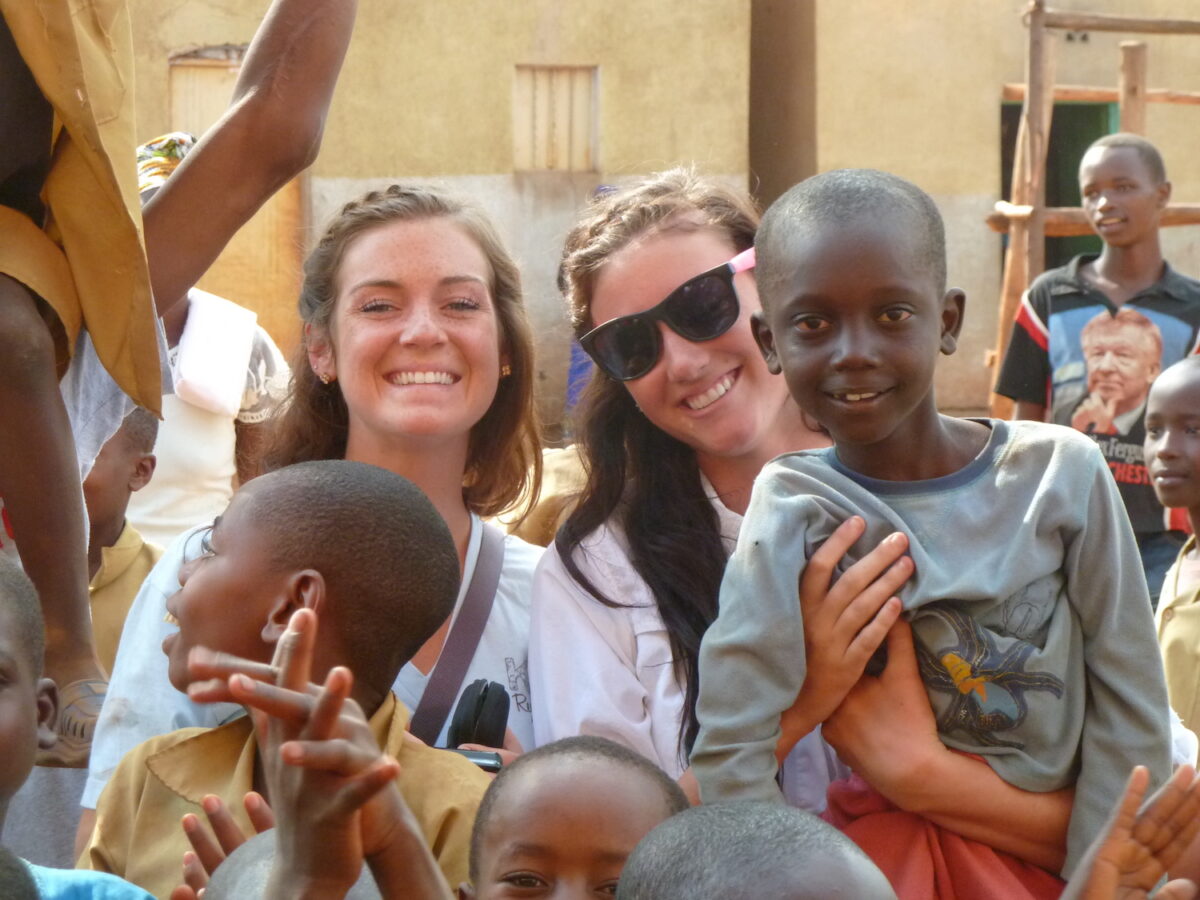
And so, fortunately, my family was part of all those trips, and it’s part of the story that’s just gone on and on. One of the reasons why I think our family was able to move forward because seeing the grace and their forgiveness and how his family had gotten past something so horrific as the genocide was really a behavior that we could mirror as our own family, to get past our own trauma and to learn to move forward again.
When you’re broken and you’re in a dark place, sometimes it feels like you can ever move forward. But I’m here to tell you, that’s just a chapter in your life. That’s not the end of your story. That’s just a chapter. And my book Beautifully Broken, if I was just broken, I wouldn’t want to tell the story. But we have a Lord and Savior who can take any amount of brokenness, and He can put those pieces back together again and make it beautiful.
“When you’re broken and you’re in a dark place, sometimes it feels like you can ever move forward. But I’m here to tell you, that’s just a chapter in your life. That’s not the end of your story. That’s just a chapter.” – Randy Hartley
And when my daughter went through her trauma and I was a dad driving around at three in the morning looking for a lost soul, that was rock bottom for me. But Lord, I have never prayed like I prayed in those moments. And it reminds us that we don’t have to wait for those moments to lean into prayer, that God’s there for us at all times.
This is a reading from Jesus Listens, October 23rd:
Gracious Jesus,
From Your fullness I have received grace upon grace. I worship You as I ponder Your astonishing gift of salvation—by grace through faith in You. Because it’s entirely a gift, not a result of works, my salvation is absolutely secure! My part was just to receive this precious gift—believing with the faith that You pro- vided. I rejoice in this infinitely costly treasure, bought with the price of Your blood.
I’ve found that multiple blessings flow out of Your wondrous grace. My guilt feelings melt away in the warm Light of Your forgiveness. My identity as a child of God gives my life meaning and purpose. My relationships with other people improve as I relate to them with the love and forgiveness You’ve given me.
O Lord, fill my heart with overflowing gratitude as I ponder Your glorious grace. Please remind me to spend time thinking about and thanking You for the bountiful blessings in my life. This protects my heart from the weeds of ingratitude that spring up so easily. Teach me to be thankful!
In Your merciful Name, Amen
Narrator: The Beautifully Broken movie and book are available now.
Narrator: If you’d like to hear more stories about the power of forgiveness, check out our interview with Casey, CJ, and Tucker Beathard.
Next Week: Sonya Curry
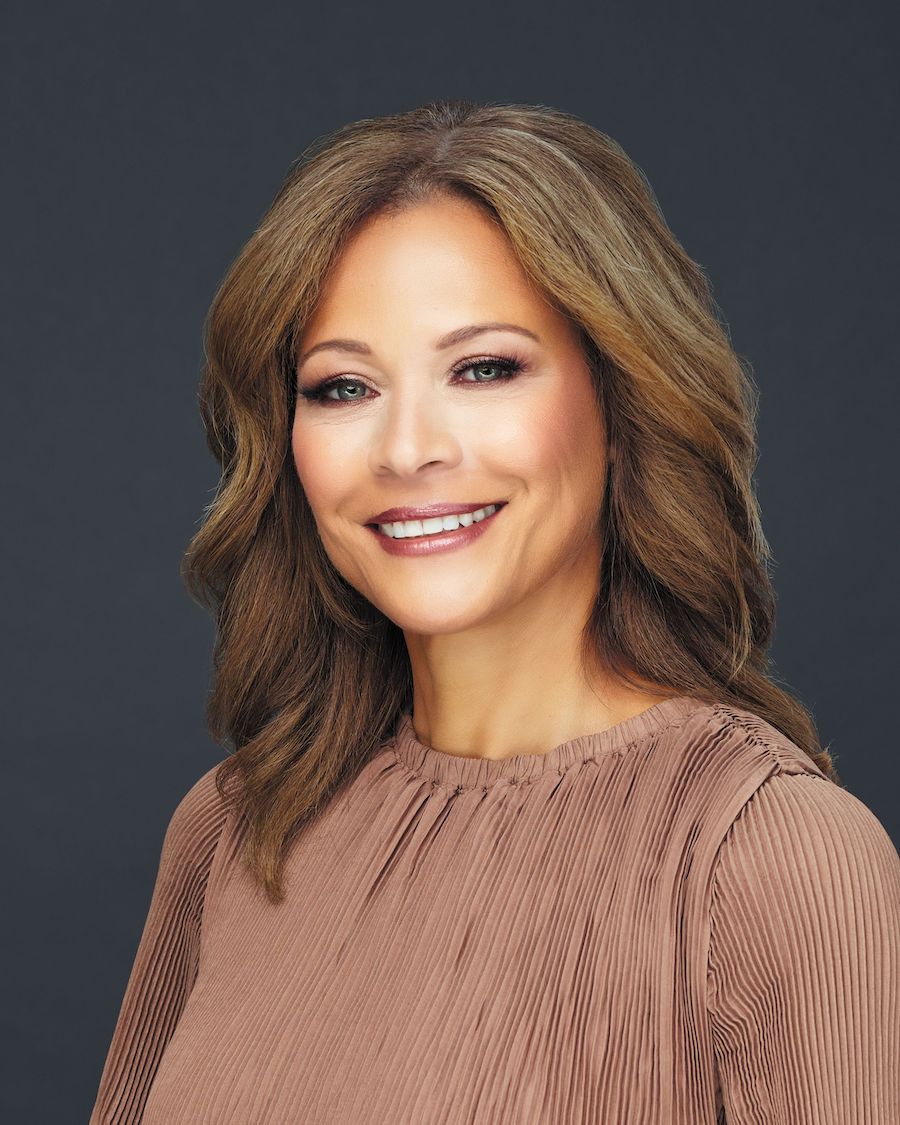
Narrator: Next time on the Jesus Calling Podcast we hear from Sonya Curry, a passionate educator and mother of three wonderfully successful children, including basketball superstar Steph Curry. Sonya shares how when she began to pursue a real relationship with God, it impacted her life and the life of her family.
Sonya Curry: When I went from just being religious and going to church to really having a personal relationship with God, it just saved my family, it saved me, and got me more focused on living out the potential that God had placed in me, to get to the purpose that He had for my life.
